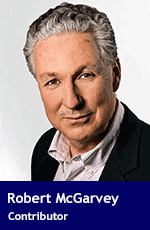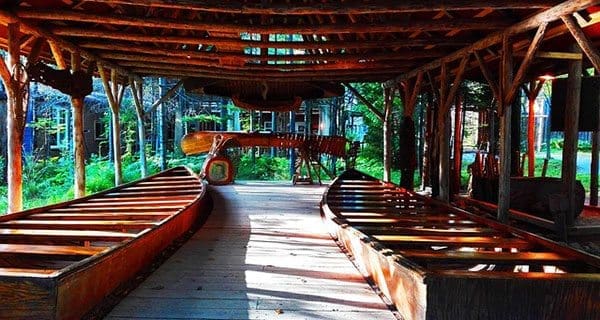 Joseph Quesnel, in his recent column for Troy Media, has opened one of the most important discussions of our time: are property rights a salvation for First Nations or part of a sinister Conservative plot to bring them under the rule of market forces?
Joseph Quesnel, in his recent column for Troy Media, has opened one of the most important discussions of our time: are property rights a salvation for First Nations or part of a sinister Conservative plot to bring them under the rule of market forces?
Quesnel accurately attacks the popular myth that property rights are black and white, a tug of war between ultra-individualism and collectivism. He points to the complexity of property under our system of Common Law.
He reminds us that property rights emerge from the laws, which, after all, are collective agreements. While property rights create personal control over something of value, those rights are qualified by the state’s ability to tax, regulate or even expropriate property in defense of the larger public interest.
I believe he makes the case that there are many shades of gray in the private property debate, and that the “devil’s in the detail.”
But – starting from first principles – is there anything wrong with the present system of collective ownership that exists on First Nation reserves?
Apart from the obvious fact that it has impoverished once proud peoples, there’s an argument that it’s wrong – full stop.
If the 20th century has proven anything, it’s that collective ownership is not the panacea that many believed. Both Communism and Fascism were variations on the theme; both predicated their tyranny on the fact that the “state” was a better, more objective, arbitrator of economic and political right than individuals. It took a bloody war with many millions of deaths but we now know for certain that the collective ownership premise is false.
But does that mean unbridled individualism is the answer?
No. The challenge of First Nations property rights demands we look much more broadly at the whole question of rights and citizenship, while examining the connections between them.
The first question is, where do rights come from in the first place? In the Eurocentric conception of the term, rights of all kinds emerge from the fact of a sovereign state, an internationally-recognized law-making state.
But, the bigger question is, who has those rights?
At one point in English history the “state” concentrated all “rights” in the hands of one person. King Henry VIII, for instance, essentially owned the kingdom, personally controlling the making of laws, commanding all lands, property and effects, having a monopoly on the use of force, even determining the religious beliefs of his subjects.
We called it absolute monarchy and the Divine Right of Kings. The King’s rights were the exercise of sovereignty; they embodied a trinity of power, privilege and responsibility. But these rights were not unencumbered; they had to be so directed to ensure the security and prosperity of the nation.
What we call “progress” has been the historical process by which those rights, once concentrated in the hands of a single individual, were dispersed more broadly to the general population. The process slowly redistributed some part of the monarch’s monopoly on power (economic, political and social rights) into the hands of individuals, creating the citizen-owner and indirectly establishing the modern democratic state.
Citizens today have rights, including civil, political and economic rights that the monarch (or government) cannot override without just cause. And what are those just causes? As with the monarchs of old, they relate to the responsibility to utilize the resources at our disposal to ensure the safety and prosperity of the nation.
So, the issue of rights for First Nation peoples is more than a technical, economic issue, it involves bringing indigenous peoples more fully into the fabric of Canadian life, establishing the conditions of true citizenship.
Therefore the question of strengthening First Nations’ rights of property must be part of a broader discussion of great cultural importance.
Treatment of First Nations’ people in Canada has been brutal and unjust; by denying native individuals their basic rights, we denied them citizenship and therefore access to our living systems of support and the full benefits of our civilization.
If we truly want to close the gap in living standards we’ll need to start advancing indigenous people the “rights” they deserve, including meaningful civil rights, full political rights and – yes – rights of property.
For our part there’s a big learning curve, for we seem to have forgotten that there is no clear distinction between individual and collective rights, they’re all part of the trinity of power, privilege and responsibility that is the exercise of sovereignty. It’s what empowers us as individuals, makes us citizens of a democracy instead of lowly subjects of a monarch.
Robert McGarvey is an economic historian and former managing director of Merlin Consulting, a London, U.K.-based consulting firm. Robert’s most recent book is Futuromics: A Guide to Thriving in Capitalism’s Third Wave.
Robert is a Troy Media contributor. Why aren’t you?
The views, opinions and positions expressed by columnists and contributors are the author’s alone. They do not inherently or expressly reflect the views, opinions and/or positions of our publication.


